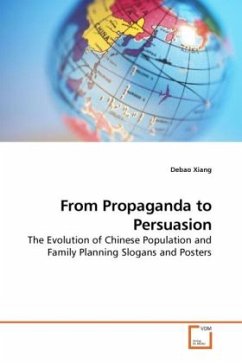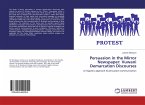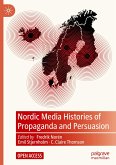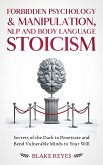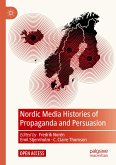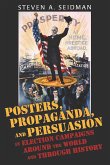China s family planning slogans and posters, looked at over time, reflect an evolution in the communication approach used by the Chinese government. This study employs an empirical approach to record family planning slogans and posters from provinces throughout China. It is informed by an interrogation of the 5W model, i.e. Sender Receiver-Media- Content-Effect , and the Contemporary Situations Main Problems Countermeasures approach. Specific methods employed in the study are field research, in- depth interviews, quantitative content analysis and surveys. The research has determined that changes in the political, economic, technological and population environments in China have been accompanied by significant transitions in China s family planning slogans and posters. The Chinese government appears to have re-conceptualised its orientation from control to service. The intimidatory and forceful slogans and posters of the past have been replaced by more humanistic contemporary ones. The old propaganda model of family planning slogans and posters is undergoing transformation in China to the persuasion model.
Bitte wählen Sie Ihr Anliegen aus.
Rechnungen
Retourenschein anfordern
Bestellstatus
Storno

